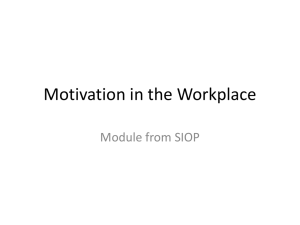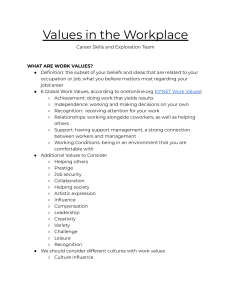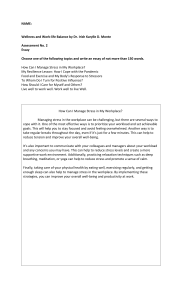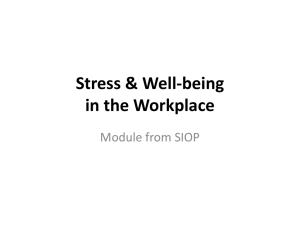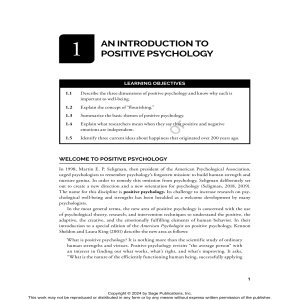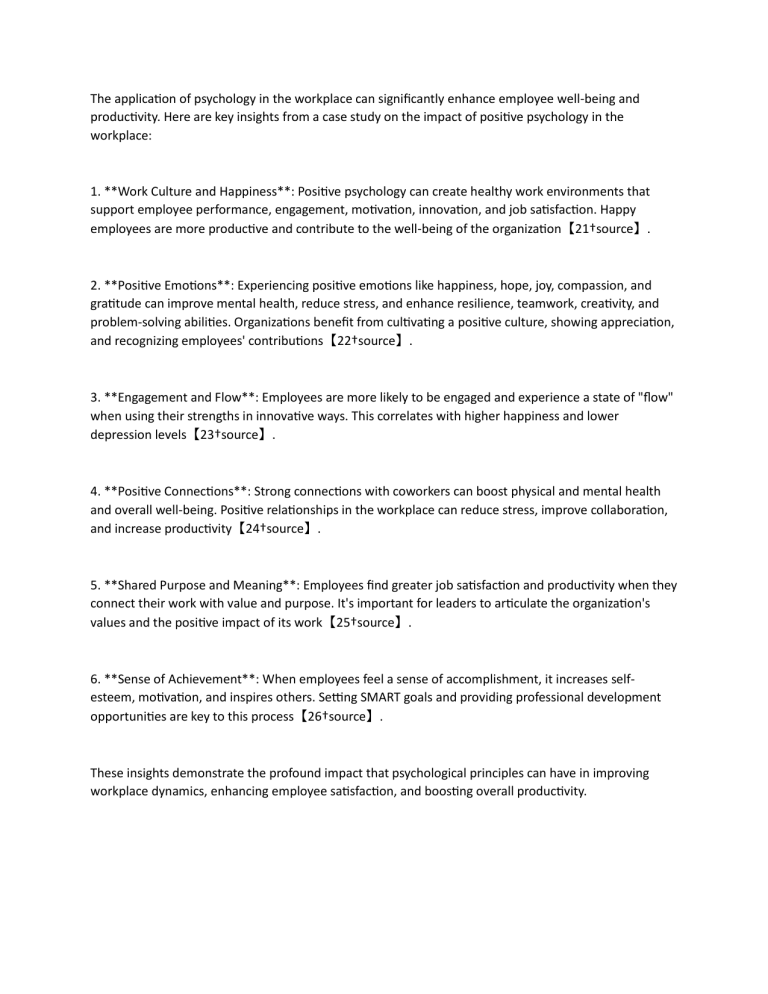
The application of psychology in the workplace can significantly enhance employee well-being and productivity. Here are key insights from a case study on the impact of positive psychology in the workplace: 1. **Work Culture and Happiness**: Positive psychology can create healthy work environments that support employee performance, engagement, motivation, innovation, and job satisfaction. Happy employees are more productive and contribute to the well-being of the organization【21†source】. 2. **Positive Emotions**: Experiencing positive emotions like happiness, hope, joy, compassion, and gratitude can improve mental health, reduce stress, and enhance resilience, teamwork, creativity, and problem-solving abilities. Organizations benefit from cultivating a positive culture, showing appreciation, and recognizing employees' contributions【22†source】. 3. **Engagement and Flow**: Employees are more likely to be engaged and experience a state of "flow" when using their strengths in innovative ways. This correlates with higher happiness and lower depression levels【23†source】. 4. **Positive Connections**: Strong connections with coworkers can boost physical and mental health and overall well-being. Positive relationships in the workplace can reduce stress, improve collaboration, and increase productivity【24†source】. 5. **Shared Purpose and Meaning**: Employees find greater job satisfaction and productivity when they connect their work with value and purpose. It's important for leaders to articulate the organization's values and the positive impact of its work【25†source】. 6. **Sense of Achievement**: When employees feel a sense of accomplishment, it increases selfesteem, motivation, and inspires others. Setting SMART goals and providing professional development opportunities are key to this process【26†source】. These insights demonstrate the profound impact that psychological principles can have in improving workplace dynamics, enhancing employee satisfaction, and boosting overall productivity.
